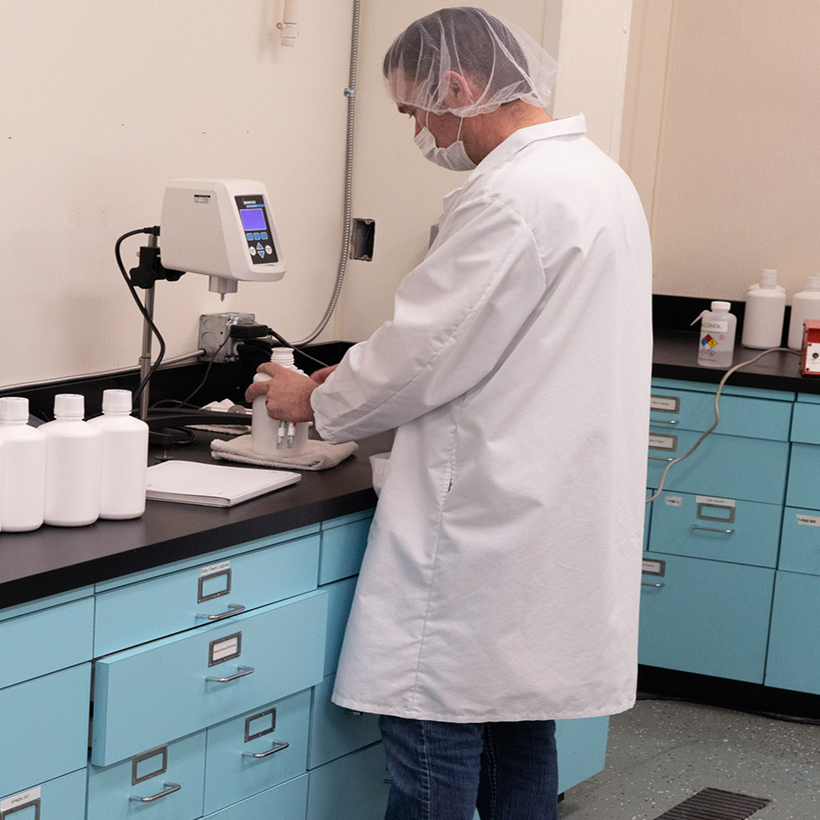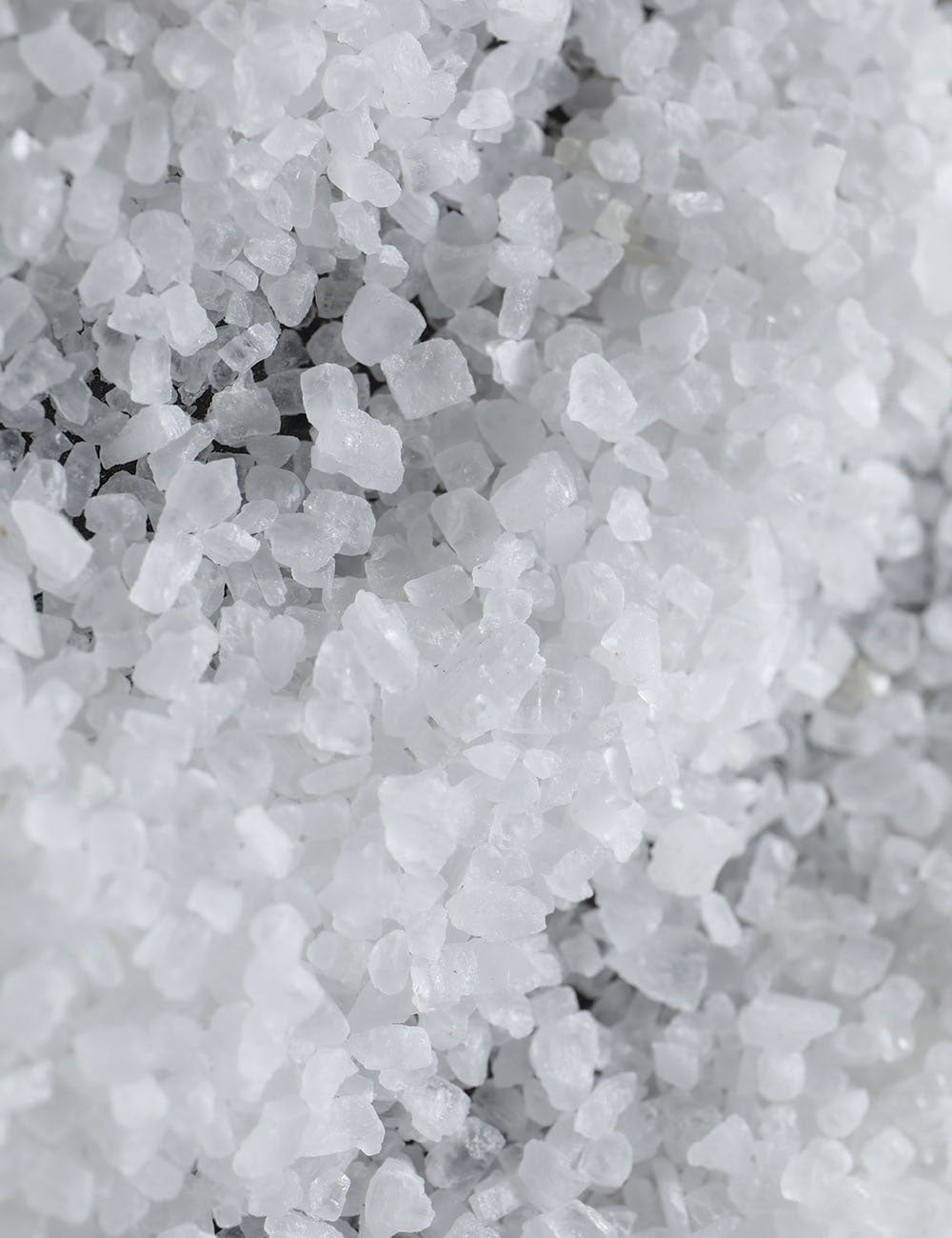
Our Science
Most Americans aren’t getting enough minerals†
Minerals are the building blocks of a healthy life
They fuel hundreds of essential functions in your body, like:
Hydration
Immunity
Mood
Energy
Sleep
Bone Health
Digestion
Heart Health
Mineral Deficiency in the Modern World
SMALL BUT MIGHTY
Why Trace Minerals Matter
Trace minerals are small but mighty minerals that your body needs in tiny (or "trace") amounts. Your body runs on electricity, and trace minerals help carry electrical signals between your cells. When you're deficient in trace minerals, the electrical system of your body doesn't run as smoothly.
Essential Macro Minerals
Magnesium, potassium, sodium, and chloride are macro minerals—minerals your body needs in larger amounts to function at its best. You’ll find these foundational minerals in most Trace products, helping to support hydration, muscle function, energy, and more.
Essential Macro Minerals
Magnesium, potassium, sodium, and chloride are macro minerals—minerals your body needs in larger amounts to function at its best. You’ll find these foundational minerals in most Trace products, helping to support hydration, muscle function, energy, and more.
Magnesium
Supports energy, muscle function, hydration, heart health, strong bones, a calm mind, and over 300 other body processes.
Chloride
Promotes hydration and proper fluid balance, aids in digestion, and supports the function of muscles and nerves in the body.
Sodium
Supports muscle contraction, nerve function, and proper fluid balance.
Potassium
Promotes healthy nerve and muscle function, supports the heart, and aids in healthy fluid balance.

Scientific Advisory Board

Dr. Darrin Starkey, ND
Dr. Starkey is a board-certified naturopathic physician and member of the American Alternative Medical Association (AAMA). He’s passionate about mineral education and is an expert on mineral balance.
Read More
Dr. Stavros Kavouras
Dr. Kavouras, leading expert in hydration science and director of the Hydration Science Lab, has received global recognition for his research and publications regarding hydration, metabolism, and health.
Read More
Dr. Raja Sivamani
Dr. Sivamani is a board-certified dermatologist, bioengineer, and Ayurvedic practitioner. He has directed many studies regarding nutrition, topical ingredients, and integrative skin research.
Read More
Anthony L. Almada
Anthony Almada is a pioneer in the natural products industry with decades of research experience in nutrition, clinical trials, and innovation, He leads the think tank IMAGINutrition, INC.
Read More
Dr. Richard Kreider
Dr. Kreider has over 35 years of leadership in clinical research and exercise nutrition. He directs the Exercise and Sports Nutrition Lab and many other health performance programs.
Read More








